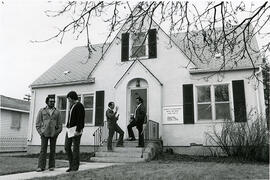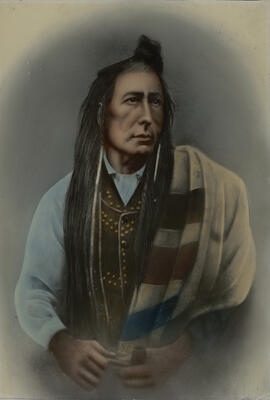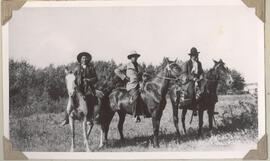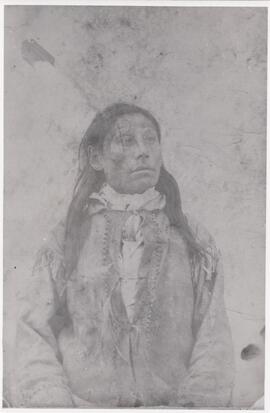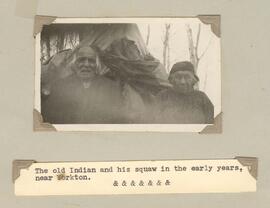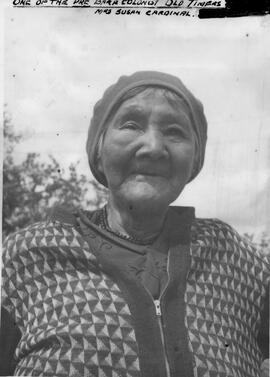Fonds consists of personal, professional and literary papers of Indio-Canadian writer and professor, Saros Cowasjee, 1939-1997. While the arrangement differs among the various accessions, overall the records fall into the following series: Biographical Information, Correspodence, Writings by Saros Cowasjee, Editing, Mulk Raj Anand, Sean O'Casey, Conferences, Publications, Awards and Research Grants, and Teaching. Included are contracts, drafts, manuscripts, correspondence, proofs, publications, reviews, and other records relating to the numerous books, essays, chapters, scholarly articles, short stories, belles-lettres, features, reviews, and letters to the editor written by Dr. Cowasjee. Of particular note is the extensive documentation of his research and writing on Irish playwright Sean O'Casey and Indian author Mulk Raj Anand, including substantial correspondence from Anand, 1965-1990. There is also ample coverage of Cowasjee's editorial work, particularly relating to his re-examination of the literature produced in India during the Raj period, and the reprinting of several of those titles. The fonds contains wide-ranging correspondence between Cowasjee and publishers, writers, magazine editors, students, researchers, film producers, readers, friends and associates, as well as Canadian, British, Indian, American and international academics and scholars.

